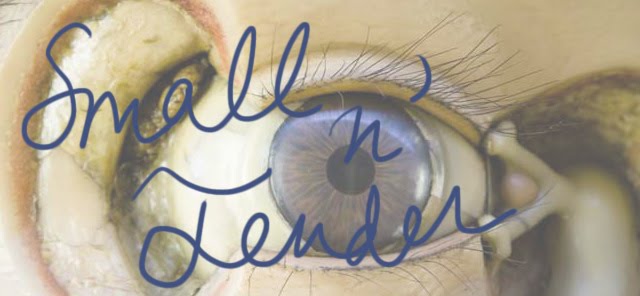I'm thinking a lot this week about framing, as I enter the second week of a Science Communication "Virtual Internship" with the Scientists and Engineers for America. The readings this week have exposed me to a reality that I had been, I realize as I read, deliberately blinding myself to: that a lot of thought needs to go into how science communicators talk to the public about science, and part of that involves a blurry boundary between "selling" and "informing". What I like about what I'm reading is that it's exposing me to the pretentiousness of an assumption I'd been making, that if only we informed the ignorant, poorly educated public more effectively and thoroughly about science, then they'd smarten up and start wanting evolution taught in schools and get off the grid ASAP. Anna Kinzig, in an article in Seed Magazine from May 2009, presents the luxury of scientist's own opinioning perfectly: "My own personal opinion is that we (scientists) — writing and thinking in our robust homes, from a room devoted exclusively to study, fueled by three square meals a day produced in another room devoted exclusively to cooking — tend to think more negatively about humans and their impact on the nature we so love. People are apart from nature. They are “shortsighted” and they “destroy” environments and their behaviors need to be controlled."
It's been an interesting experience to be a scientist in the South, because I had forgotten, living in New England on a liberal campus, that not everybody takes climate change and evolution as givens. I had made the mistake of assuming that the south (note the massive generalization I make, which I too take with a grain of salt) is skeptical because of a disproportionate amount of poverty and the condition of being ten or so years behind the north, perhaps dating back to the Civil War. None of this is any indicator of intelligence; I'm just saying I had previously thought that a public engaged and passionate about science was merely a matter of those immersed in the science telling those not immersed about it, and they'd hop on the bandwagon. I now realize, not everybody cares about the environment, and the populations that lack access to science information aren't helped by current efforts at communicating science. What I'm learning as I read eye-opening articles like Nisbet and Schuele's piece in the American Journal of Botany from October of last year, called "What's Next for Science Communication", is that (of course!) people who are interested in science and take a vested interest in science policy debates in their communities are already rather highly informed, and that social values and religiosity cannot be underestimated in their impact on how science information is filtered by public audiences. My job, therefore, as a science communicator, will be to try to access people behind the veils of varying degrees of education, religious beliefs, and socio-economic status. The point is not necessarily spin, but, I'm delighted to realize, a respect for "storytelling as a foundation for the human community", as Clark Miller puts it. I'm a combination of resistant, not surprised, and excited that I have the task of "framing" science, honoring the utter subjectivity of what I formerly considered "facts." Some of the recommendations at the end of the article included using humor and satire in television programming and museum exhibit content about science, as well as using local television to access audiences, both of which have occurred to me as projects to tackle in the past. I wonder how to transform nerdy lab scientist-to-scientist jokes into the kind of knee-slapping stuff they feature on 30 Rock without being too offensive, as I'm inclined to do...
For now, I wanted to share two relatively non-partisan delights in the recent news. The best part about them, as a student in science communication realizing how much I've yet to learn in order to teach, is that they're just pictures!
One is a slide show from the recent NYTimes article on the Census of Marine Life. I've had the privilege over the last several years of working with many scientists involved in this noble collaboration. If you can handle a few paragraphs, it's a fascinating read, and also a great time-killer to check out the images amassed. Who says the ocean is a desert? I love underwater optics! http://www.nytimes.com/slideshow/2010/10/04/science/20101005-marinecensus.html
Also, last week's Time Magazine featured the media's favorite lady oceanographer, a true genius self-promoter, Sylvia Earle, and a great slide show on ocean flora and fauna. http://www.time.com/time/photogallery/0,29307,2020841_2192138,00.html
We'll tackle the words behind the images next week...Sigh.

No comments:
Post a Comment